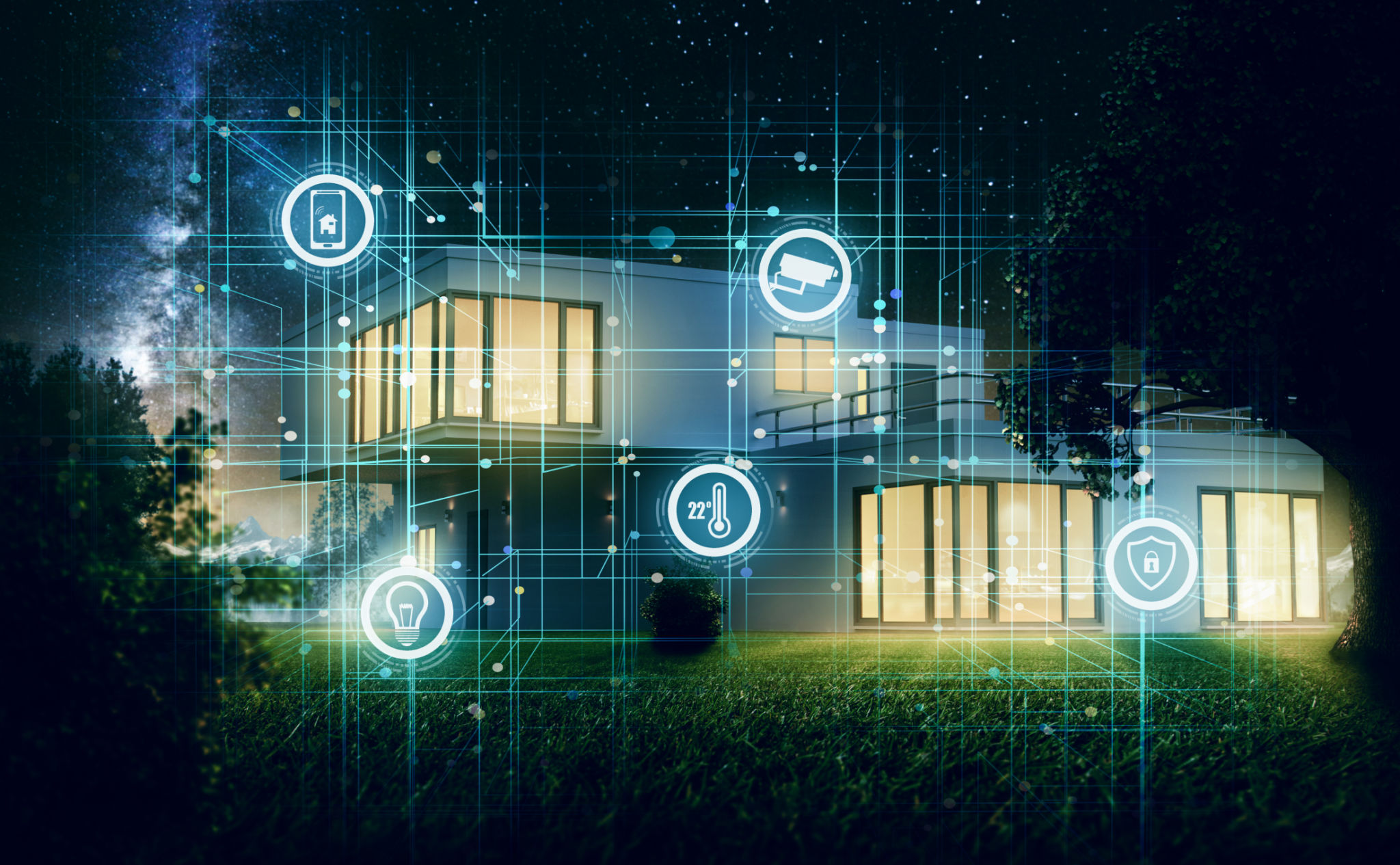Common Misconceptions About Smart Home Integration
Understanding the Basics of Smart Home Integration
As smart home technology continues to evolve, many homeowners are eager to incorporate these innovations into their daily lives. However, a number of misconceptions are clouding the understanding of smart home integration. By debunking these myths, you can make informed decisions about enhancing your living space with smart technology.

Misconception: Smart Homes Are Only for the Tech-Savvy
One of the most common misconceptions is that smart home technology is exclusively for tech enthusiasts. In reality, modern smart home systems are designed with user-friendliness in mind. Many devices offer intuitive interfaces and straightforward setup processes, making them accessible even for those with limited technical expertise.
Additionally, numerous resources, such as online tutorials and customer support, are available to assist users in navigating their smart home journey. So, whether you're a tech guru or a beginner, integrating smart home technology is well within reach.
Concerns About Cost and Complexity
Another prevailing myth is that smart home integration is prohibitively expensive. While some systems can be costly, there are a variety of options to suit different budgets. From affordable starter kits to comprehensive setups, homeowners can find a solution that fits their financial constraints.

Misconception: Smart Homes Are Overly Complicated
Many people worry that managing a smart home will be too complex. Fortunately, smart home ecosystems are designed to be cohesive and user-friendly. Devices communicate with one another seamlessly, often through centralized platforms or apps that streamline management.
With features like voice control and automation, users can simplify their daily routines without needing to constantly interact with complex systems. This simplification helps make smart homes not only manageable but also enjoyable for everyone in the household.
Security and Privacy Concerns
A significant concern for potential smart home adopters is the perceived risk to privacy and security. While it's true that any connected device poses some level of risk, manufacturers are continually improving security protocols to protect consumer data.

Misconception: Smart Homes Are Vulnerable to Hacking
While no system is entirely immune to cyber threats, smart home devices now come with robust security measures such as encryption and multi-factor authentication to safeguard information. Homeowners can further protect their network by regularly updating device software and using strong, unique passwords.
By staying informed and vigilant, users can significantly mitigate potential risks and enjoy the benefits of a secure smart home environment.
Conclusion: Embracing Smart Home Technology
Smart home integration is rapidly becoming an integral part of modern living. By debunking these common misconceptions, you can better appreciate the convenience and efficiency that this technology offers. Whether you're looking to enhance security, streamline daily tasks, or just enjoy the latest innovations, a smart home setup can be tailored to meet your needs.
Embrace the possibilities of a connected home and discover how smart technology can transform your living space into a more comfortable, efficient, and secure environment.
